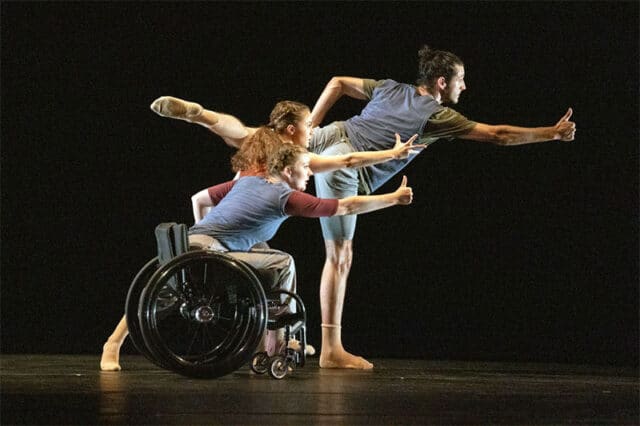Embracing the Unseen – Learning the “Art” of Disability Acceptance
Picture yourself stranded on a desolate island, armed only with a vast and unexplored map of unpredictable terrains and labyrinth-like paths. The landscape isn’t akin to a scenic painting, nor is it a mirage of fantasies; instead, it’s a mesmerizing tapestry woven with threads of resilience and endurance—it’s the intimidating, yet unexplored, terrain of accepting a disability. At first glance, acceptance might feel like an act of capitulation—akin to tossing your dreams and aspirations into a cosmic abyss. But here’s the stark truth: Denying the present physical confines serves only to chain you in place. Firm entrenchment in denial vies to be a sturdy barricade, a substantial bulwark, arresting forward momentum, resisting essential life amendments and curtailing the hunt for new horizons.

Grieving – Give it Time
Before one embarks on the journey to acceptance, grieving is the first mountain to climb. Loss is not only related to the physical aspect but also encompasses derailed dreams and plans. Hiding from grief, or sweeping it under the carpet, is an exercise in futility. Just as an untreated wound festers, glossing over grief does nothing but prolong the despair.
Human nature instinctively veers away from discomfort or distress, but acknowledging these poignant emotions is crucial. Not unlike a wild roller coaster ride, with unpredictable turns and abrupt drops, the grieving process is a malicious of emotions—from spike of intense anger to the deep well of sadness, and even the ghost of disbelief.
No Mask Needed: Embrace the Raw Emotion
In this Everest-climbing ordeal, donning a serene smile isn’t obligatory. The path to understanding and living with a disability is no walk in the park. A rough day doesn’t undermine your mental fortitude or bravery. Feigning tranquility fabulously robs you—and those close to you—of the opportunity to confront the situation sincerely and help you navigate this labyrinth. Voices of emotional turbulence deserve an outlet, amongst close-knit, trusty confidantes. Who knows? This honesty could be a salve to them and an unexpected antidote to you.

Accepting the New Identity
Embracing an uncharted life takes courage and soul-searching. Holding onto remnants of the past and yearning for the ‘normal’ before the disability, is like trying to catch smoke—it’s an exercise in futility. It’s a rocky road but essential–no–it’s crucial to leave the past behind and face the present truth. Coming face to face with this new reality may take some time, so give yourself grace and take all the time you need to process what needs to be processed. And if possible, seek help from trusted friends, and family as well as therapists who can make this new path a bit smoother.
Addressing Death
A question that pops up quite frequently is (and especially when facing hard situations like disability) : why tussle with the fear of death when it’s a universal sentiment? They found that this fear acts as a spectral agent, influencing our daily decisions, choices, and relationships. Though the physicality of death destroys us, the idea of death may save us. An odd oxymoron–isn’t it?
Walking the tightrope of disability incorporates several hard-hitting elements—from wrestling with grief to reconciling with new realities and even contemplating mortality. The end goal? An authentic life brimming with acceptance and, eventually, peace. This isn’t simply accepting the disability—it’s about standing tall, declaring ‘I am more than my disability’, and seizing life with both hands.